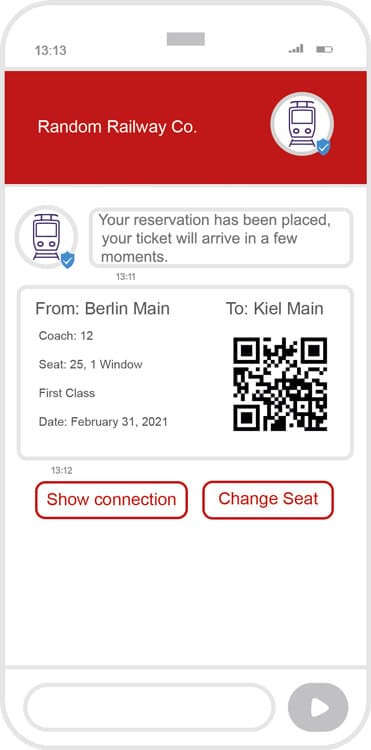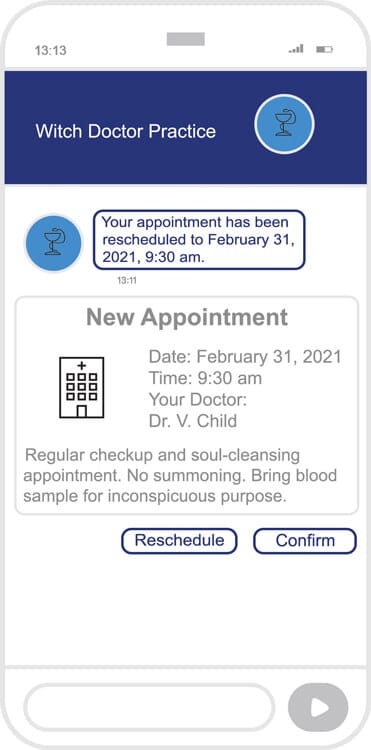Everyone has been talking about RCS for some time now. We take a look at the background, the current state of development and how it should continue. In particular, we look at what’s changing with Google’s announcement to promote RCS itself, what’s going on in Germany, and what companies can expect from RCS in business messaging in the future.
SMS is great, so why introduce something new?
SMS as a communications standard has been established since the 1990s. It offers a lot of benefits for private users as well as businesses: worldwide connectivity, lightning-fast delivery and more. Customers like to use SMS for contacting businesses due to the limited number of characters forcing short messages. With an average reading rate of 98% SMS is faster and more secure than any other means of communication.
More and more however, apps like WhatsApp, Facebook Messenger and others are used, which offer more than just pure texting functionality. This includes the sharing of videos and images, implementation of location and maps, and group chats. SMS doesn’t not offer these functions, or only in a limited way. And this is where RCS comes into play.

